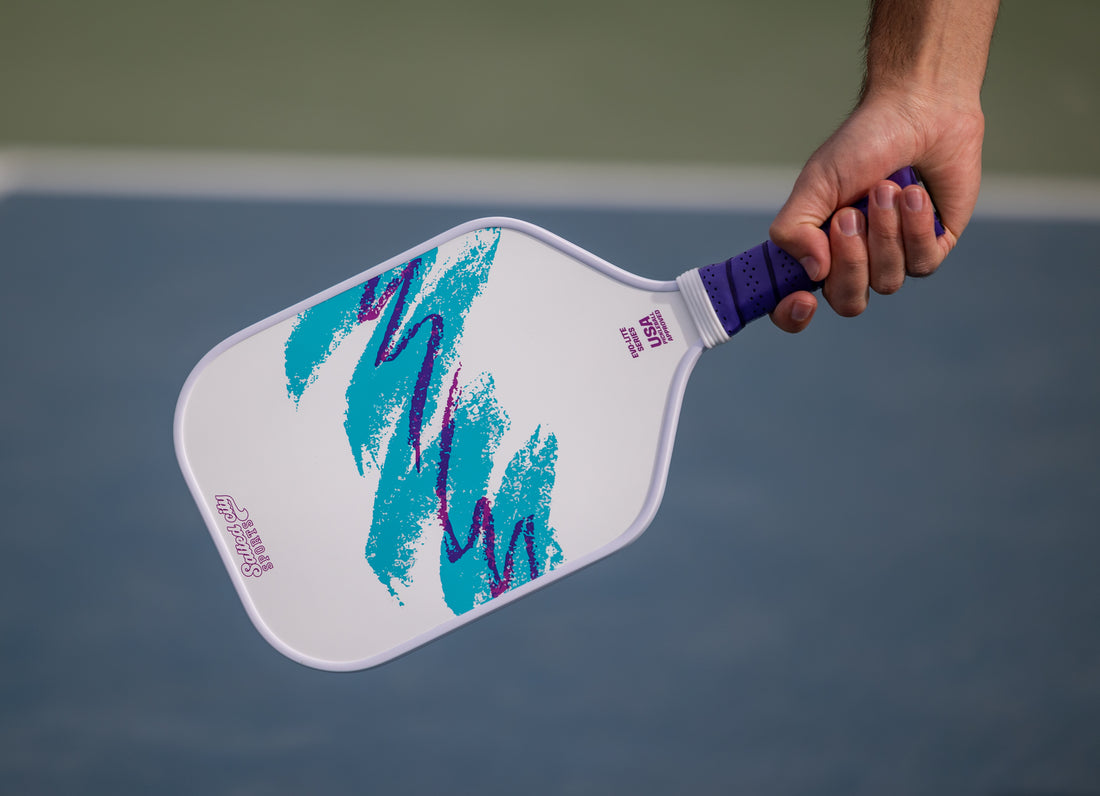Pickleball paddles are the most important piece of equipment for the game, but one question that often arises is whether or not they can get wet. The short answer is yes, pickleball paddles can get wet. However, there are a couple things to consider when it comes to storing and using your paddle in wet conditions.
First and foremost, it's important to keep in mind that pickleball paddles are typically made of composite materials, such as graphite or fiberglass. These materials are designed to be durable and withstand the rigors of intense play, but they are not completely waterproof. If your paddle gets wet, it's important to dry it off as soon as possible to prevent any damage.
The best ways to protect your paddle from getting wet is by using a pickleball paddle cover. These covers are developed to fit snugly over the body of your paddle and protect it from rain, snow, and even splashes of water on the court. They come in a few variety of materials, including neoprene and polyester, and can be easily stored in your bag or pocket when not in use.
Another way to protect your paddle from water damage is by storing it in a dry place when not in use. This means keeping it out of damp garages or basements, as well as away from any sources of moisture, such as pools or hot tubs. It's also a great idea to keep your paddle in a well-ventilated area to allow any moisture that does get on it to dry off quickly.
If your paddle does get wet, it's important to dry your paddle off as soon as possible to prevent any damage. You can use a towel or cloth to gently wipe down the paddle, making sure to get into all the crevices and corners. Once it's dry, store it in a dry place until you're ready to use it again.
It's worth noting that if you're playing in wet conditions, it's a good idea to use a low-compression ball. These balls are designed to perform well in wet weather and won't get waterlogged like a high-compression ball might.
In conclusion, pickleball paddles can get wet, but it's important to protect them from moisture as much as possible. Using a paddle cover, storing them in a dry place, and drying them off quickly can help to prolong the life of your paddle. And when playing in wet conditions, using a low-compression ball can make a big difference. So be mindful of your paddle, and enjoy the game!


